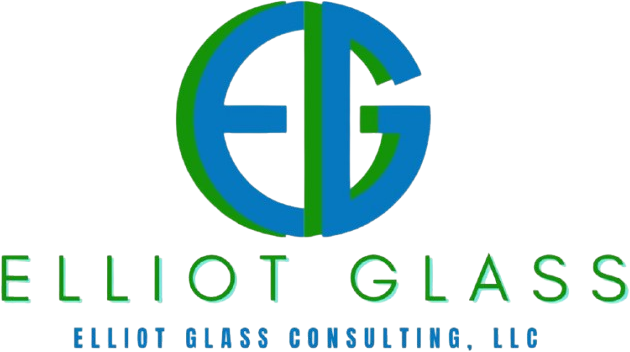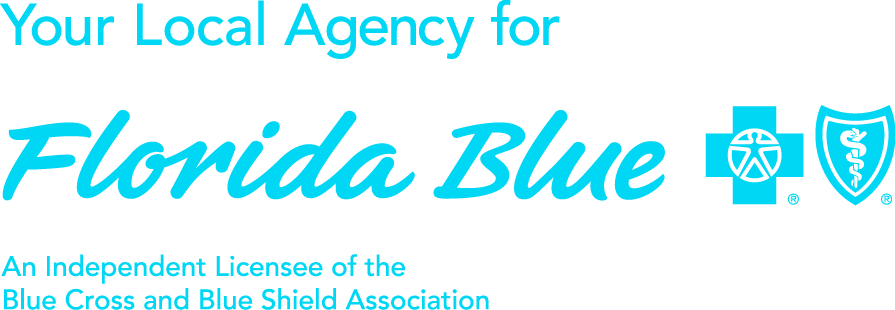How to Choose the Right Life Insurance Plan in Florida

If you’re wondering how to choose the right life insurance plan in Florida, a great place to start is by thinking about your personal goals. Are you aiming to replace your income until your children reach financial independence?
Or do you want to cover end-of-life expenses and leave something extra for loved ones?
No matter your objective, having a clear purpose helps you narrow down which policy type will work best. Different life insurance options cater to varied budgets and coverage needs, so defining why you want insurance sets you on the right path.
Identify common policy types
Policies can get confusing quickly, so here’s a simple breakdown. Around 50% of the life insurance market in the USA is handled by independent agents, who often offer more varieties than captive agents. These versatile policy types might fit your situation:
1. Term life insurance
Term coverage typically lasts 10–30 years. It’s often more affordable than permanent plans, and its straightforward structure makes it easy to understand. You pay fixed premiums for a set term, and your loved ones receive a death benefit if you pass away during that timeframe.
2. Whole life insurance
This permanent policy covers you for life. Premiums stay fixed, and there’s a savings element called cash value. Over time, the cash value grows, which you can borrow against or use in other ways. Premiums are generally higher than term life, but it guarantees that your beneficiaries will receive a payoff at some point.
3. Universal life insurance
Similar to whole life, but more flexible. You can adjust your death benefit and premium payments (within certain limits). This flexibility makes universal life a handy choice if your financial needs might change.
4. Variable life insurance
This permanent coverage carries higher risk because your cash value is tied to investment options. Premiums and fees can be larger, but rewards may be greater if investments flourish. It’s best if you’re comfortable navigating some risk.
5. Final expense life insurance
Also known as funeral or burial insurance, final expense coverage helps older adults or those with health concerns manage end-of-life costs. It offers a modest death benefit at a potentially affordable premium.
Below is a quick table to help you compare:
Compare coverage costs and flexibility
Next, let’s talk budget. Generally, term life insurance is the cheapest choice because it only covers a specific number of years. By contrast, whole life, universal life, and variable life policies can cost quite a bit more, although you gain permanent coverage and a potential cash value component.
When looking for affordable rates, consider working with an independent life insurance agent. They aren’t locked to one carrier, so they can compare multiple policies for you. This broader approach often leads to more cost-effective options, and you might find flexible payment structures that align with your financial situation.
Check agent credentials and knowledge
Credentials matter. Agents with advanced life insurance or financial planning designations can offer insights beyond simple policy details. They can also guide you on whether a certain policy type matches your lifestyle and long-term goals.
Independent agents are especially helpful because they pull quotes from various carriers. That said, make sure the agent is well-versed in Florida’s regulations, has a good track record, and genuinely understands your needs. If you’re unsure, feel free to ask about their recent work, client experiences, and any continuing education they’ve completed.
Make your final decision
Once you understand the types of policies available and have considered premiums, coverage length, and agent recommendations, you’re closer to locking in the right choice. Here are steps to finalize your decision:
-
Outline your priorities: High face value, fast approval, or a guaranteed payout? Decide what’s most important.
-
Review the fine print: Look at contract details such as renewal clauses, conversion options for term to permanent, and any exclusions.
-
Ask about underwriting: Some plans demand a medical exam, while others focus on health questionnaires. Knowing what’s required helps you plan ahead.
-
Update your beneficiaries: Ensure your documents accurately reflect your preferred beneficiary, especially if you have family changes, like marriage or a new child.
If you still have questions, reaching out to a trusted, knowledgeable agent can go a long way in clarifying your choices.
Get your coverage set
A life insurance policy isn’t a luxury, it’s a safety net that supports your loved ones. Whether you select an affordable term policy or a permanent solution with more features, the right plan brings peace of mind.
If you’d like tailored guidance, Elliot Glass Coral Springs Insurance is here to help. We’ve worked with Floridians since 2012, matching families and businesses with insurance that truly fits their needs. Ready to make a decision or ask more questions? Contact us here and let’s secure your future together.
FAQs
1. What’s the biggest difference between term and whole life insurance?
Term life insurance covers you for a set number of years, often at lower premiums. Whole life insurance is permanent, comes with higher premiums, and accumulates a cash value that grows over time.
2. Is a medical exam always required?
Not always. Some policies need you to complete a medical exam, while others rely on a health questionnaire. The requirement typically depends on the amount of coverage you want and the insurer’s rules.
3. Can I switch from term to permanent coverage later?
In many cases, yes. Some insurers let you convert term coverage to a permanent plan during a specified window. Check your policy details for any deadlines or extra fees.
4. How does final expense life insurance help?
Final expense life insurance covers funeral costs and any last medical bills. It’s generally easier to qualify for, especially for older individuals or those with health issues, but the death benefit is smaller.
5. Why should I work with an independent agent?
Independent agents aren’t tied to one carrier. They can shop around for better coverage options, often coming up with different rates and features to suit your needs, which saves time and money.
‹ Back





